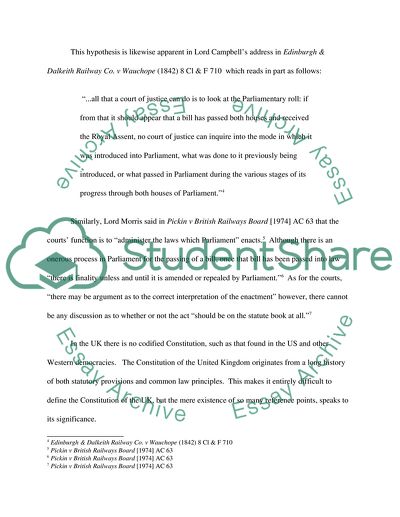Cite this document
(“Law Essay Example | Topics and Well Written Essays - 2750 words - 3”, n.d.)
Retrieved from https://studentshare.org/miscellaneous/1555885-law
Retrieved from https://studentshare.org/miscellaneous/1555885-law
(Law Essay Example | Topics and Well Written Essays - 2750 Words - 3)
https://studentshare.org/miscellaneous/1555885-law.
https://studentshare.org/miscellaneous/1555885-law.
“Law Essay Example | Topics and Well Written Essays - 2750 Words - 3”, n.d. https://studentshare.org/miscellaneous/1555885-law.


